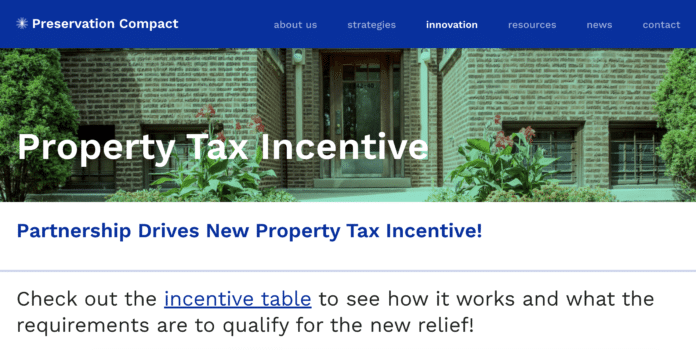The Illinois government has adopted a new incentive to generate and maintain affordable housing across the state by offering significant reductions in a property’s assessed value, Chicago Cityscape reports.
The incentive of HB 2621 is to attain a reduction in assessed value — something many property owners do every year when they “appeal their taxes” — as that can lead to significant reductions in property taxes. Preservation Compact, an coalition-like initiative housed at the non-profit lender Community Investment Corporation (CIC) pushed for the legislation..
Preservation Compact describes the legislation as having three incentive tiers: Tiers 1 and 2 will work across Illinois and offer different reductions in a property’s assessed value based on the number of units that are made affordable, and, if it’s an existing building, how much is invested in upgrading major “building systems”.
Tier 3 will apply only in downtown Chicago and certain Cook County suburbs — places with the least amount of affordable housing as a proportion of all housing — and has the greatest reduction in assessed value, Chicago Cityscape reports. “Tier 3 also requires the greatest investment in systems upgrades for existing buildings. (The legislation allows county boards outside of Cook County to opt out.)’”
Affordable units must be rented at a rate affordable to a household earning 60 percent of the area median income currently $50,340 for a family of three).
“Alternatively, a unit rented to a household which has a Housing Choice Voucher or a household participating in a state or local rental subsidy program (like Chicago’s Low Income Housing Trust Fund) would count as an affordable unit. Those two programs do not require a decrease in the rent; they’re designed to pay market rate for qualifying apartments.”
Chicago Cityscape notes that it has updated its online search Incentives Checker to point out when an Address Snapshot one has looked up is within downtown Chicago (defined by the current “D” zoning districts and the areas in the Downtown Expansion Area), or in one of the eligible Cook County suburbs.






